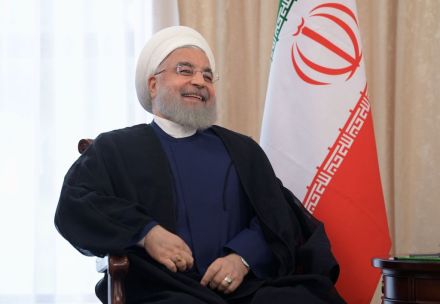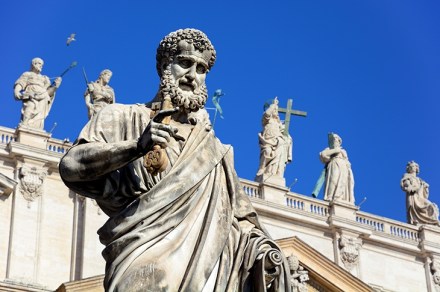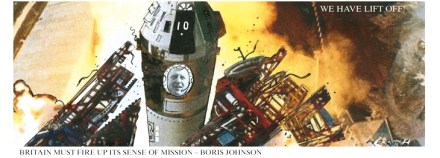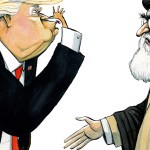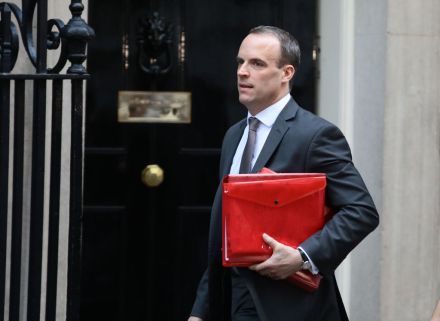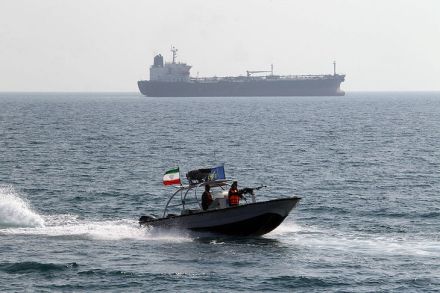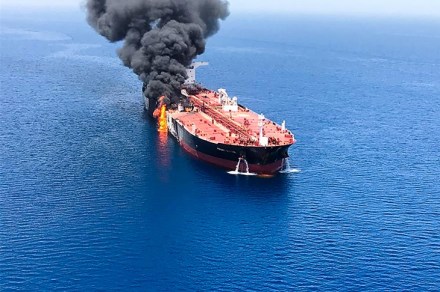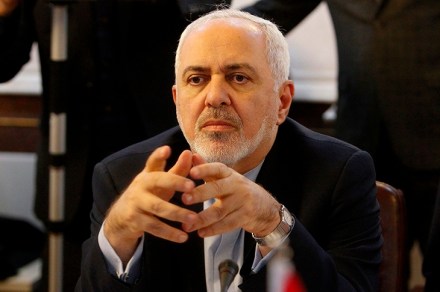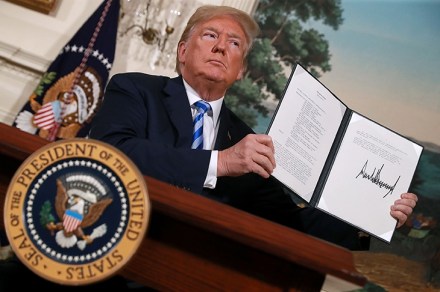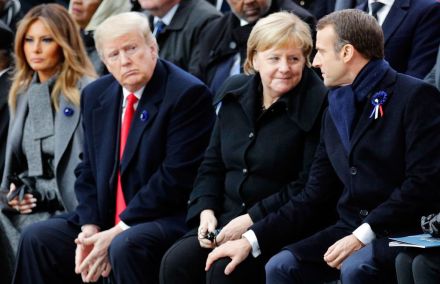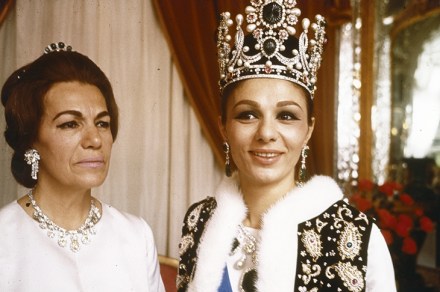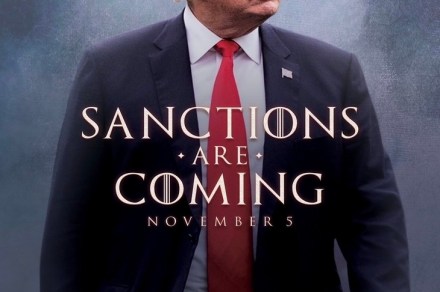Letters: There is more to village life than shutters, benches and paint
Shambles at sea Sir: On 19 July Iranian Republican Guard forces captured the UK flagged tanker Stena Impero, as described by former defence secretary Penny Mordaunt in her Spectator Diary (3 August). It was a national humiliation and it needn’t have happened. As was made clear at the House of Commons Defence Committee hearing on 9 September, warnings were being given about possible Iranian actions as early as mid-June. The UK naval presence in the area comprised only one frigate, HMS Montrose, and more ships were needed to protect UK shipping. The HCDC was surprised to discover from Mordaunt that she had been trying to stimulate a response, but had


